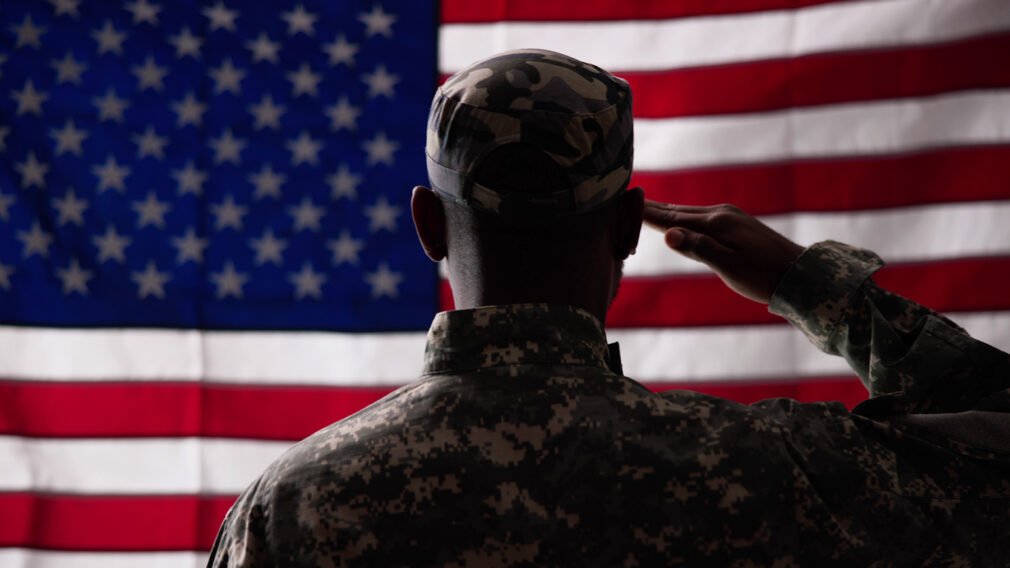Industry and NCPG Push for Military Gambling Addiction Research
A groundbreaking initiative is underway to tackle gambling addiction among U.S. military personnel and veterans, with BetMGM, FanDuel, and the National Council on Problem Gambling (NCPG) leading the charge.

A Call to Action for Service Members
As first reported by Legal Sports Report, the group sent a letter to Senators Mitch McConnell and Chris Coons, leaders of the Senate Appropriations Committee’s Subcommittee on Defense, requesting that gambling addiction be added as a research topic in the Peer-Reviewed Medical Research Program (PRMRP) for the 2026 defense appropriations bill.
The effort, backed by MGM Resorts and 24 state affiliates, aims to shine a light on a hidden crisis affecting those who serve.
“Problem gambling disproportionately impacts our military communities and has life-altering impacts on service members who do not receive treatment,” said Cory Fox, FanDuel’s VP of Public Policy and Sustainability.
“We’re proud to stand with an industry coalition to ask that we support our service members and their families by adding gambling addiction as an eligible research topic.”
Studies cited in the letter paint a grim picture: veterans with gambling issues face a sixfold higher rate of lifetime homelessness, and 40% of those seeking treatment have attempted suicide.
Active and former military members are twice as likely to develop gambling disorders compared to civilians, per a 2021 Rutgers University study.
Truly Urgent Matter
The lack of comprehensive research on treating and preventing gambling addiction in the military leaves a dangerous gap. The NCPG’s letter emphasizes that service members face unique risks, with addiction exacerbating issues like depression, alcoholism, and financial ruin.
This push aims to reshape how betting platforms like BetMGM and FanDuel spot problem gambling across the board. Better screening, treatment protocols, and prevention strategies could save lives and set a model for civilian programs.
The initiative seeks bipartisan support to fund research that could lead to “lifesaving efforts,” as the letter puts it, ensuring military communities get the help they need.
Recommended
